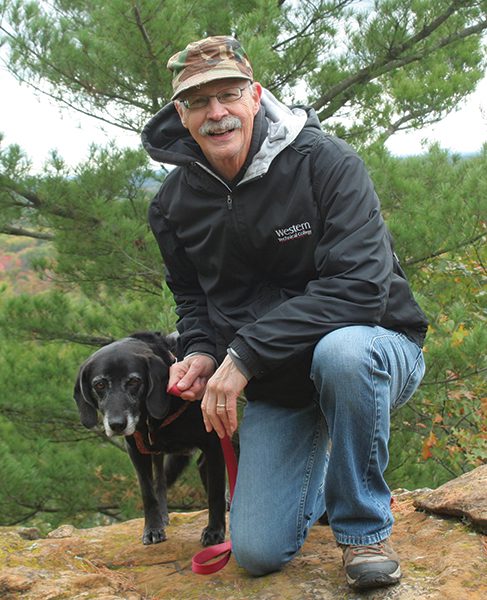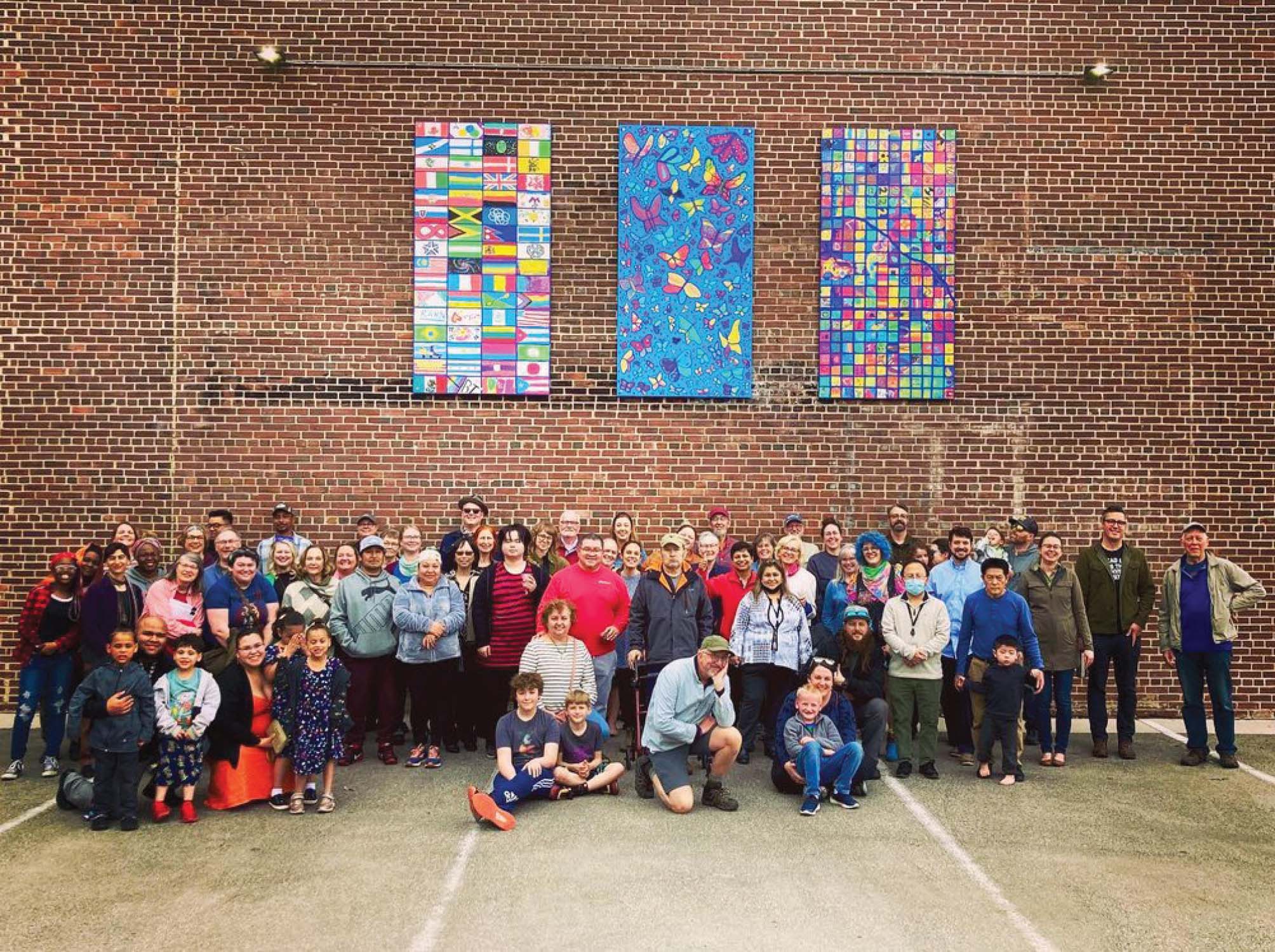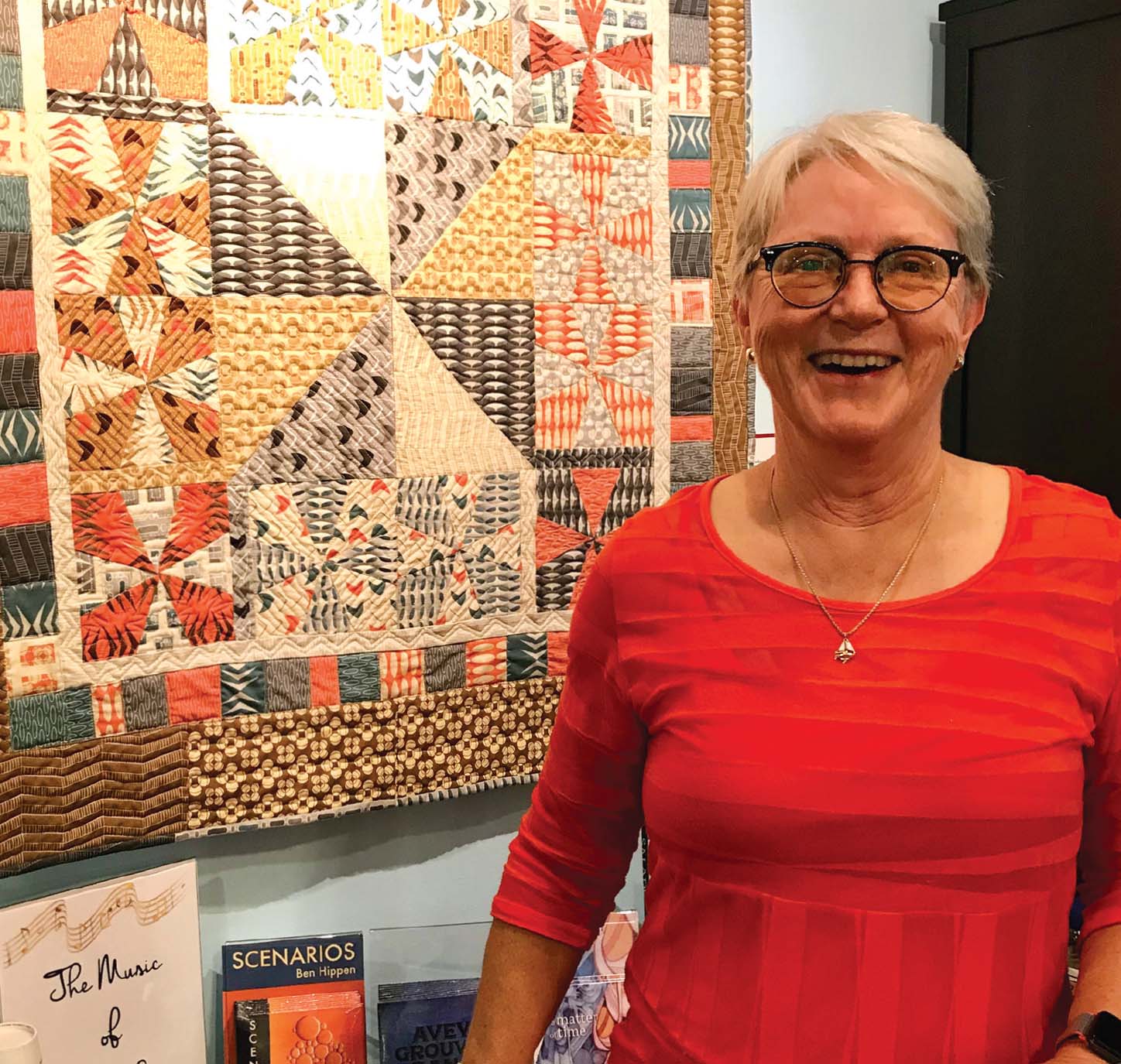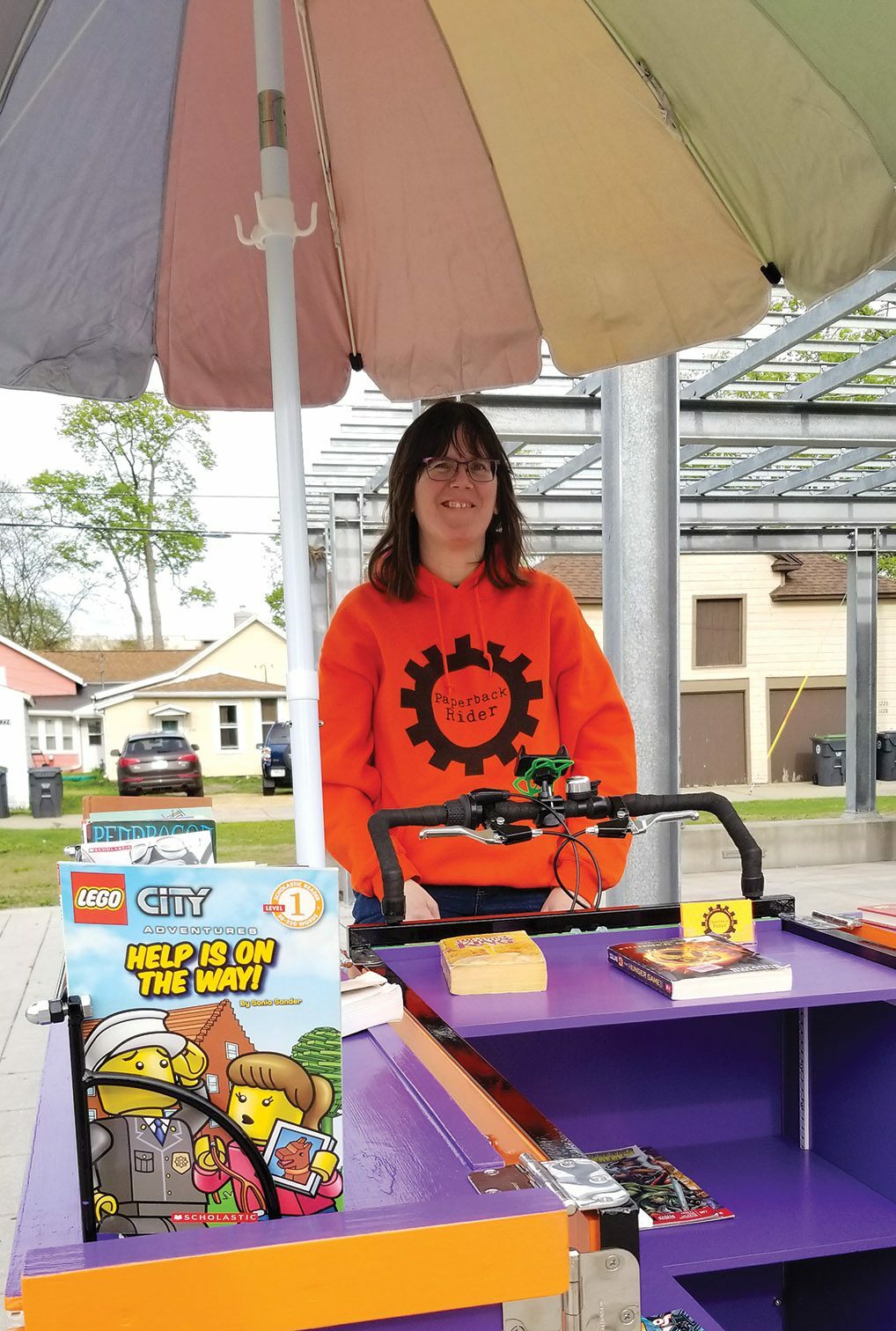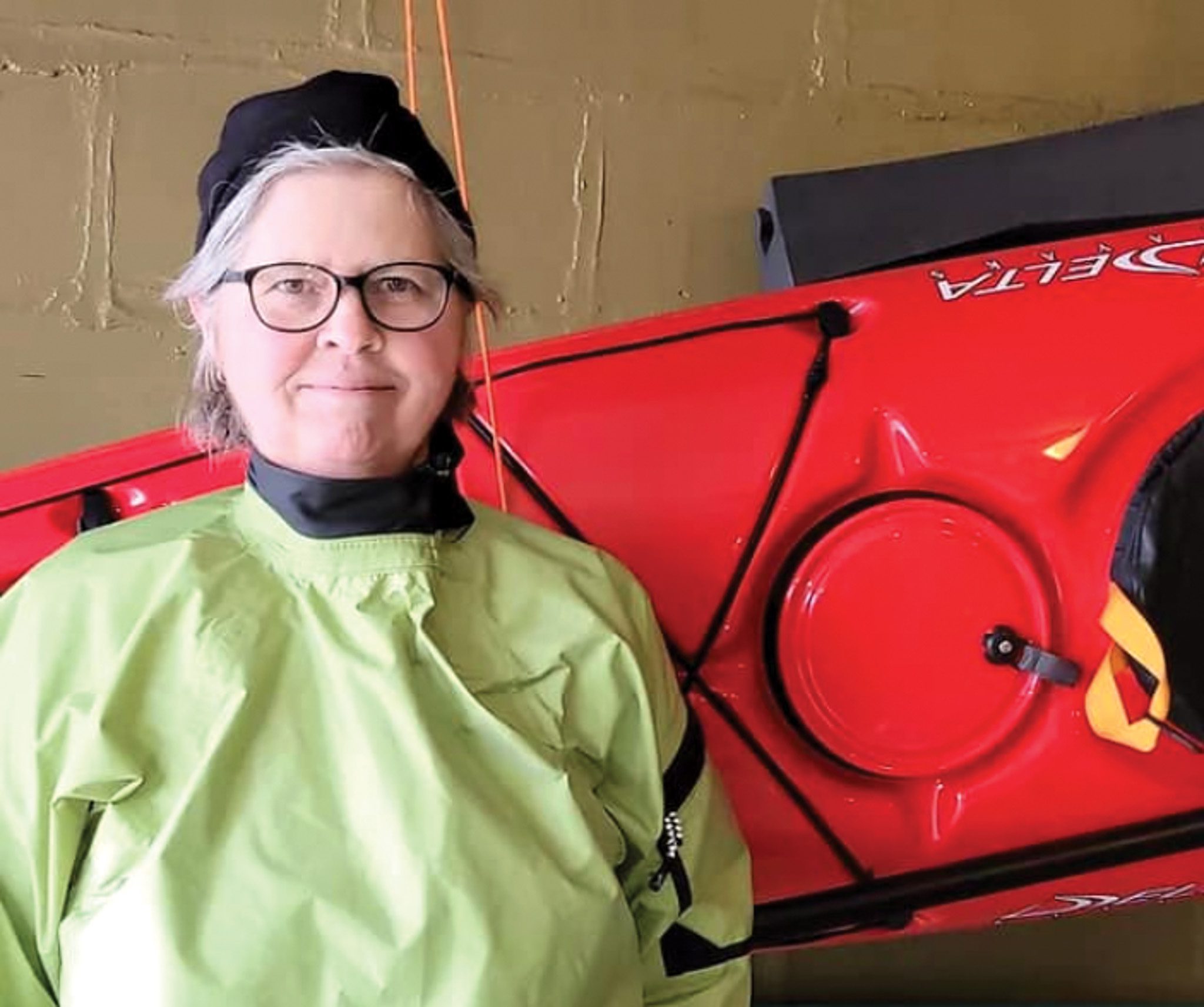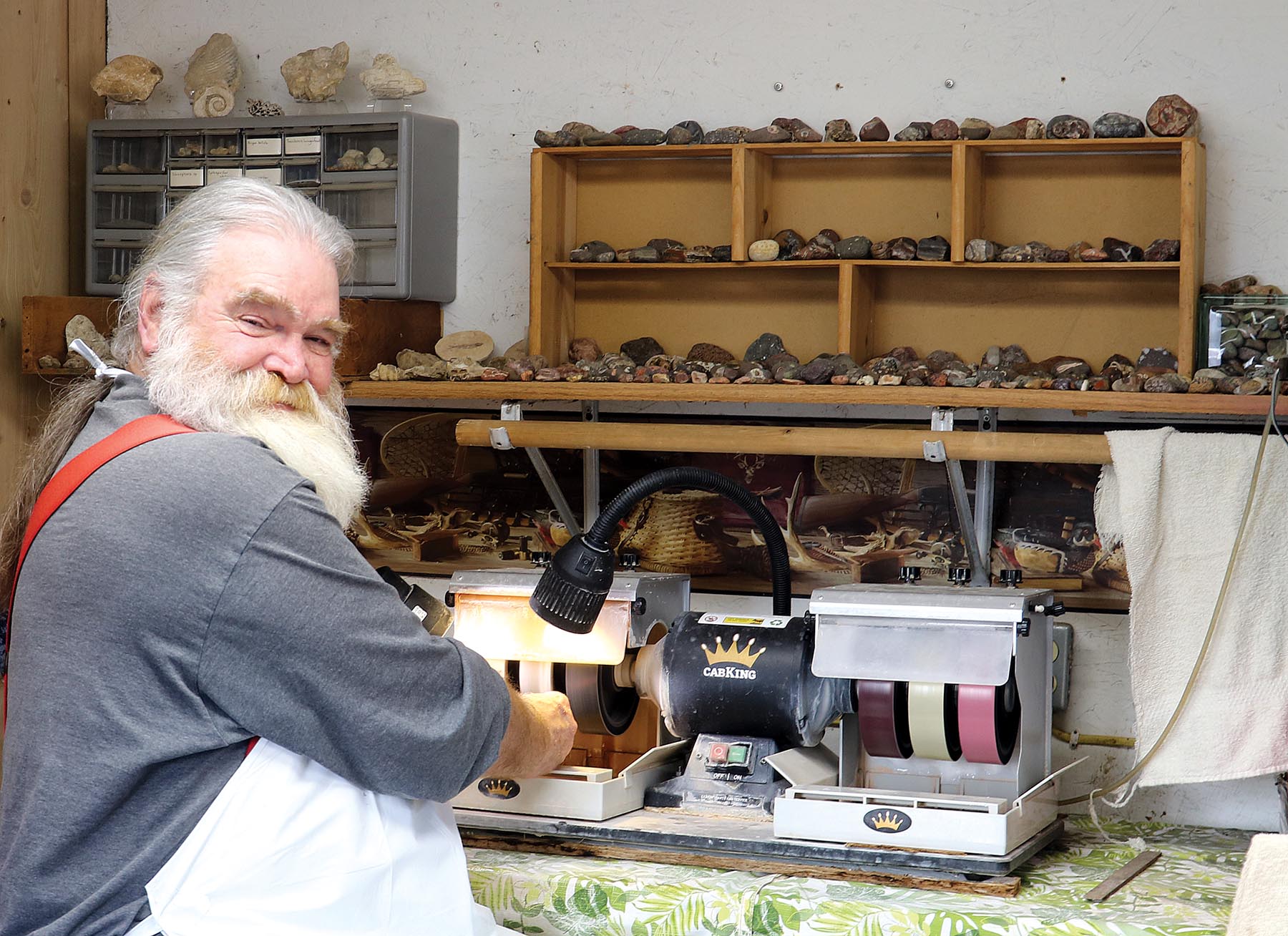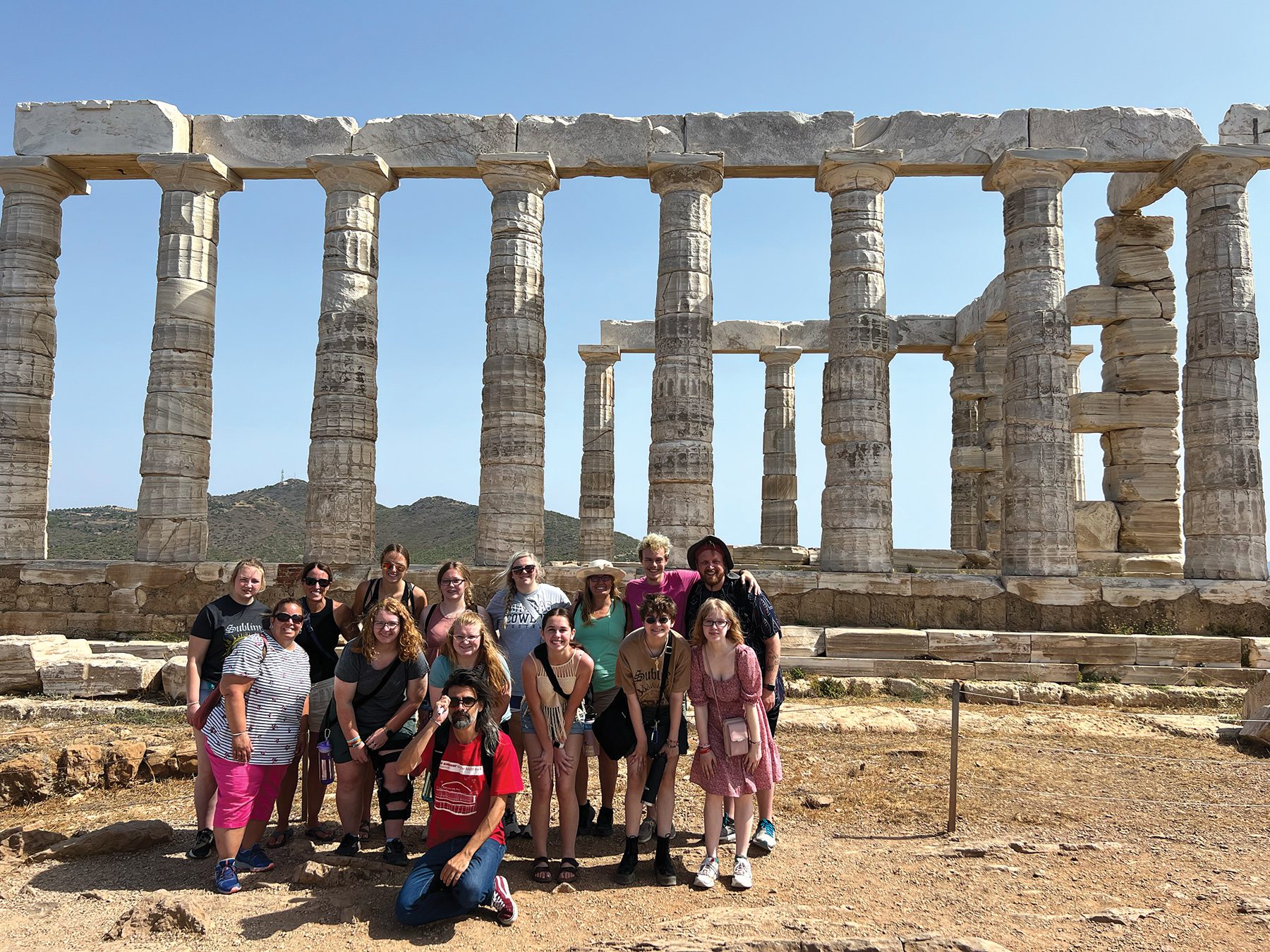Charlie Dee
Since the advent of the biblical term, “Good Samaritan,” the moniker has been used to describe the unsung heroes throughout history who cared enough to stop and lend a hand to the hurting. In countless ways, each of these “Samaritans” has re-written their own unique script to make their world a better place. This story is one of them.
For years, local businessman Charlie Dee of Holmen, Wisconsin, along with First Free Church in Onalaska have been creating a community of helpers. This particular community, however, reaches worldwide. Charlie is a frequent flyer around Coulee Region medical facilities. Not because of health issues. Charlie collects used medical equipment. And with the backing of First Free Church, he ships it to Laos. To date, this partnership has sent over a hundred wheelchairs, examination tables, a variety of canes and walkers, several tons of miscellaneous equipment…and two ambulances.
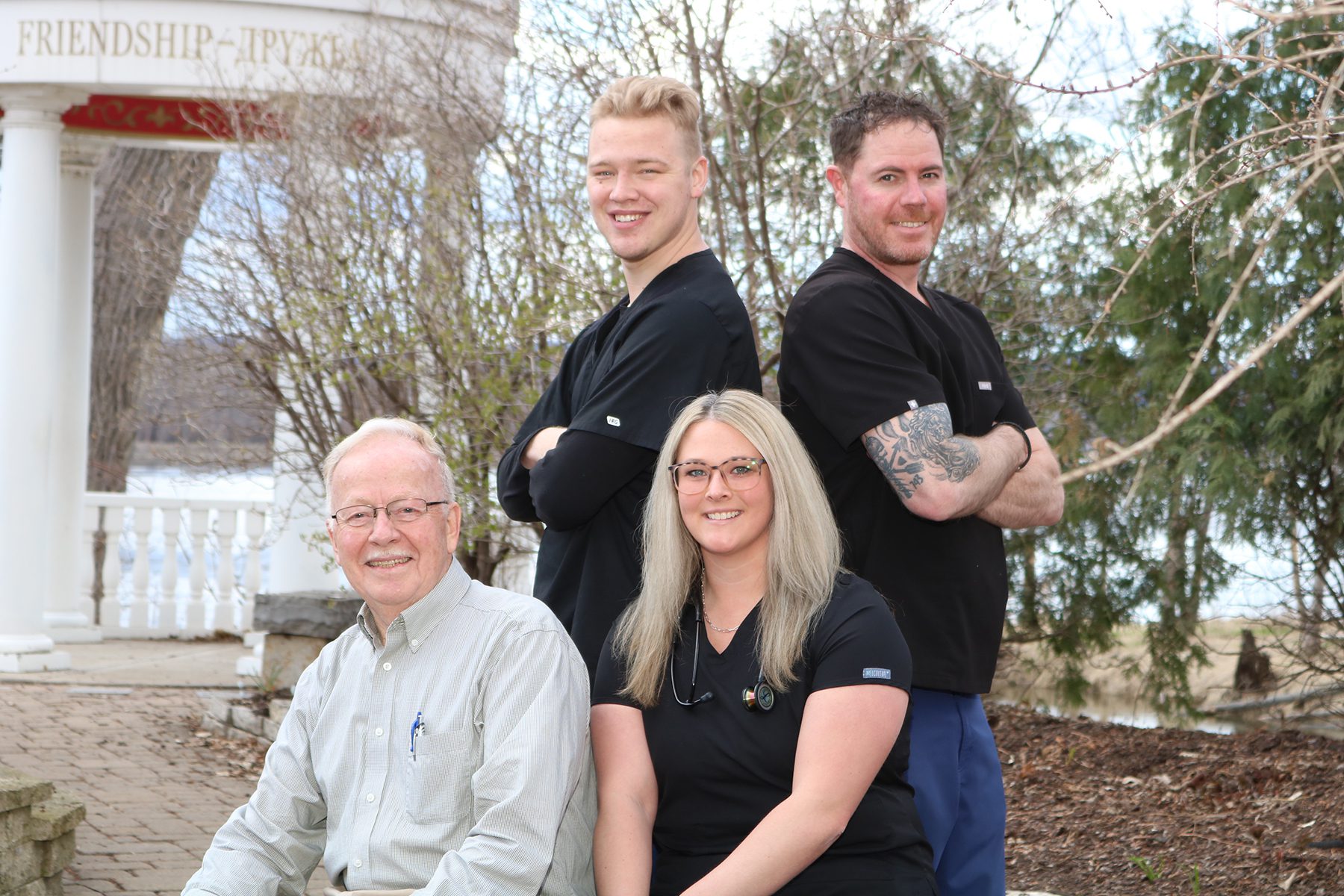
To come full circle, Charlie and the church added medical training to the outreach. Three La Crosse nurses, all Viterbo grads and all Gundersen employees, accompanied him on an early 2024 trip to Xieng Khouang province to train 20 Laotian volunteers.
According to State Department statistics, Laos is the most heavily bombed country per capita in the world. During the Viet Nam war, the U.S. dropped close to two and a half million tons of bombs on Laos, the equivalent of about 270 million bomblets. A third of them still remain, undetonated. And in a largely agrarian country, that translates into casualties of epic proportion.
Early on in the trip, Charlie spoke with a government official who knew some English. “The next day our interpreter told me that the official’s mother had been killed when her hoe struck a bomb in a rice paddy,” he says. Bomb squads have cleared over 1500 unexploded ordinance from the province but that still accounts for only a small percentage of the estimated total.
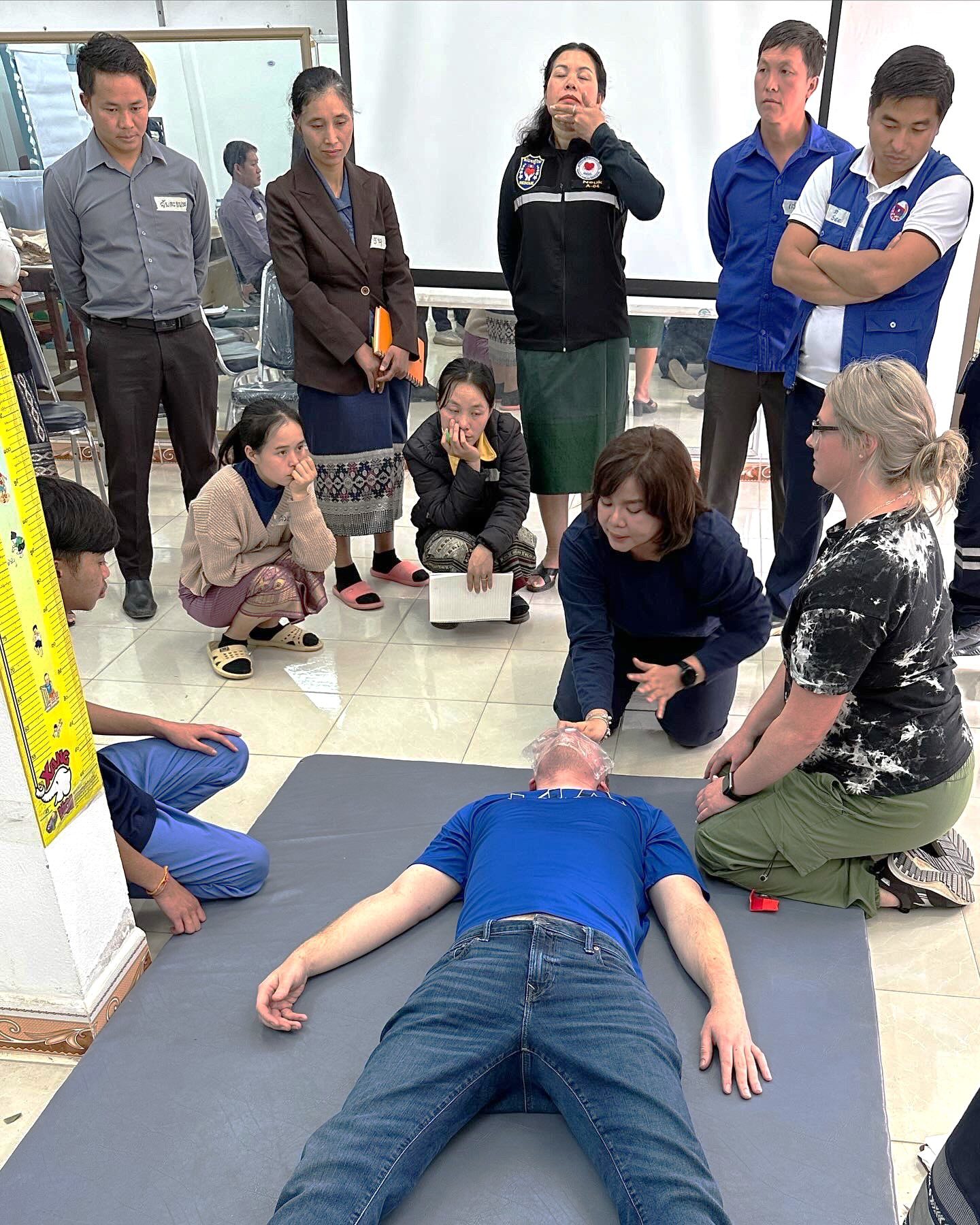
“They all know somebody or had family impacted by the problem,” adds Shyler Harmsen, one of the nurses. “We heard so many stories.” Even now, many people each year are injured, some even die from the bombs, she says.
Not far from the training facility stands a museum with exhibits and memorabilia from the war days. It also showcases the grim reality that Laotians face every day. “There was a story of some girls who found a bomb outside their school,” recalls Shyler. “I left the museum in tears.”
Shyler first became acquainted with medical missions through her undergraduate studies at UWL when she experienced firsthand the needs in Guatemala. So, when her pastor described the situation in Laos, she knew what she had to do. “He said we’re not going there to help and then leave. We’re going to help them help themselves.”
Although Laos has made significant strides in reducing poverty, economic parity is still a long way off. According to Charlie, poverty and inflation have actually increased over the last three or four years, especially in rural areas. Many Laotians simply cannot afford doctors or hospitals, so paramedics fill the gap.
Shyler recalls that when the team stopped at a restaurant, she told the waitress to keep the change. “Her eyes got huge,” she says. Converted to American currency, the change amounted to 24 cents.
Matt Post, a 10-year Army weapons-sergeant-turned-nurse had a similar experience with soccer balls he brought along to give away. Matt served two deployments in Iraq and Afghanistan. After experiencing the dark side of humanity, he came away with the desire to help people. “Two little girls were playing and when I handed them a soccer ball,” he says, “they looked at each other like they had won the lottery.”
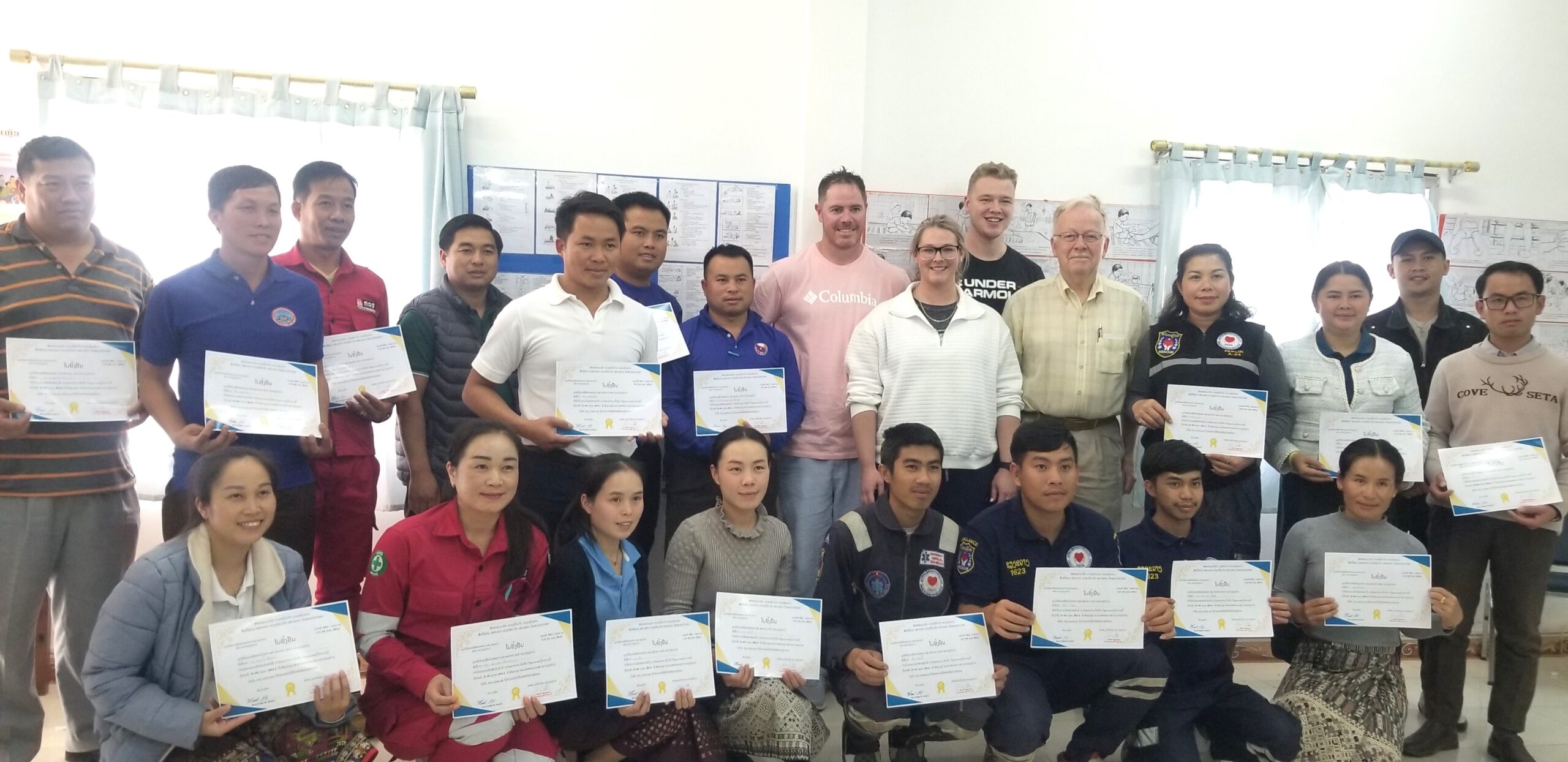
School Days
Work began the first night when, after a grueling 23-hour flight, the nursing team sat bleary-eyed until 11 pm designing curriculum for the week ahead. Since Laos lacks a trauma center, the Laotian volunteers got a crash course in both basic and advanced emergency care. “We did trauma training – burns and infection control, how to apply a tourniquet, things like that,” Matt says.
Students at the training came from all walks of life – from a doctor to an unemployed 20-year-old. “They were really engaged in what we were teaching and eager to soak up as much information as possible,” Matt recalls. On multiple occasions he saw some of the volunteers go out on a call and then hurry back to class.
For Alex May, the ink was barely dry on his diploma when he joined the team. Newly minted as a nurse, he was impressed by how quickly doors opened through medicine. And, according to Alex, matriculating from the same university kept the trio on the same page. Their nursing school curriculum centered on a wholistic care approach which became their model for training throughout the week in Laos.
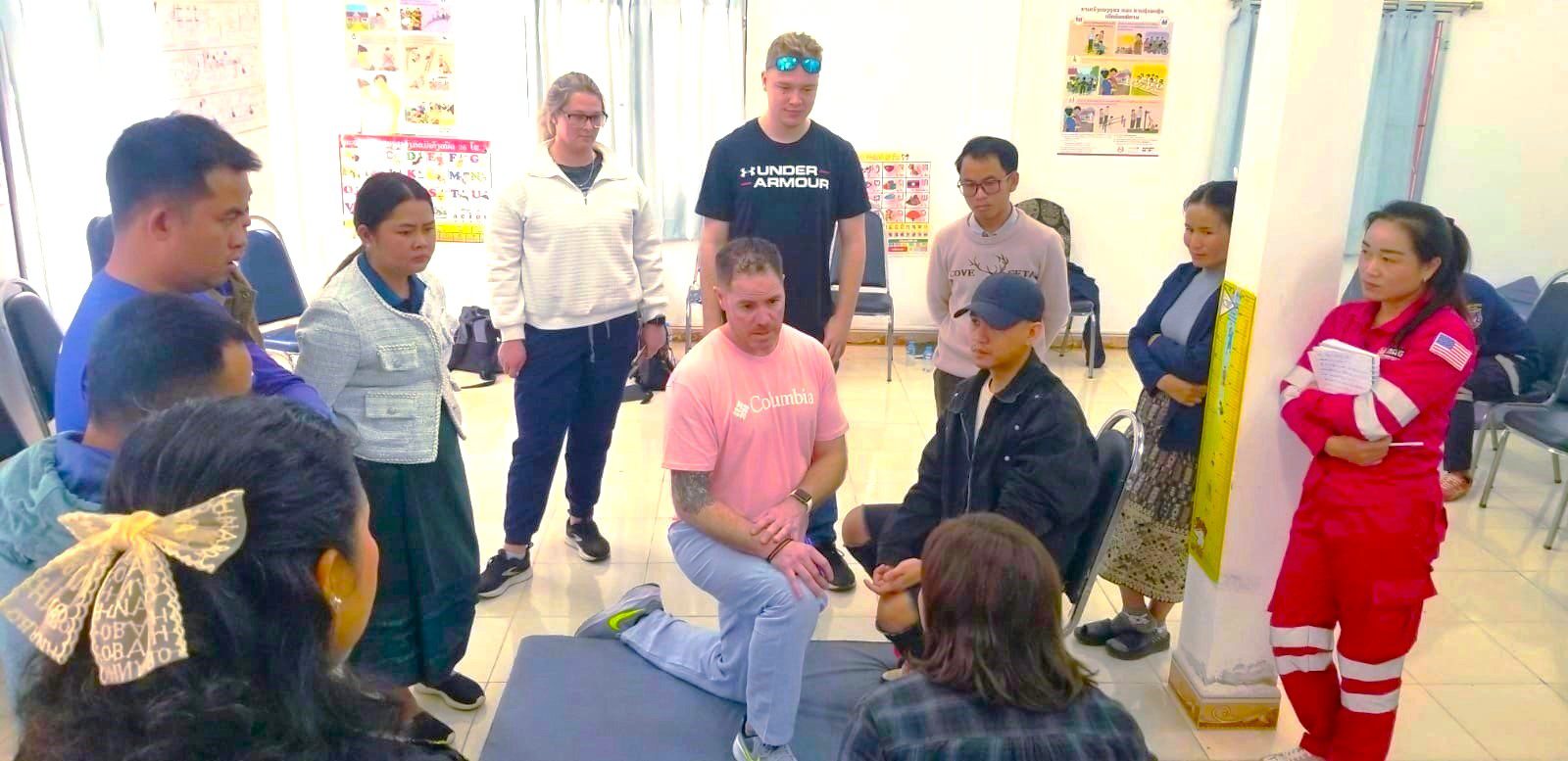
A Cultural Connection
Not everything was academic though. As much as Laotians desire information, they also crave friendships. “It was an eye-opening experience given our history during the Viet Nam war,” says Alex. “The way they welcomed us was super cool.” With his background as an angler, Alex connected with the locals through fishing. Fishing is big over there, he says. “I was able to learn what they do, and I told them what I do.”
The arts were another connection. The first day of training, the locals wanted to hear an American song. And they reciprocated, sharing traditional Lao dances. “We were able to live life with them – not just as spectators,” says Shyler. And that included the Sunday gathering at a little one room church. A standing-room only crowd sang American praise songs translated into Lao. “Halfway through the service I had to pinch myself,” Alex says.
Yet, despite their poverty, the Laotian penchant for hospitality was evident throughout the trip. “Every day they brought us something, like food baskets,” says Shyler. “On the last day they pooled their money and threw us a Bar-B-Que. It blew me away.”
The team is already planning a return visit in February of 2025, and all indications are that their group might expand. Matt says that after sharing their experience with colleagues, some want to sign on for the next trip. As for Alex, the outreach had been a perfect way to kick off his career. “I couldn’t have asked for anything better,” he says.
